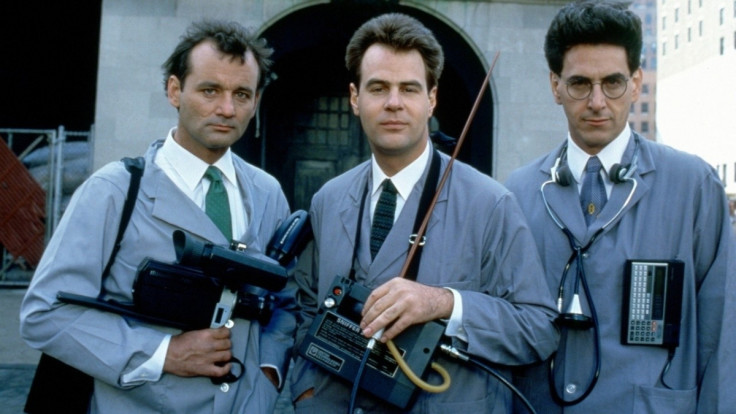Autoimmune Inflammatory Vasculitis: Facts Behind Rare Disease that Killed Harold Ramis

Writer and actor Harold Ramis died at the age of 69 from a rare disease called autoimmune inflammatory vasculitis.
Ramis died from complications stemming from his illness, but what is the disease that killed the Ghostbusters star?
The Vasculitis Foundation notes explained that the disease is an inflammation of the blood vessels, arteries, veins or capillaries. It results in the weakening and narrowing of the blood vessels, eventually resulting in blockages.
Inflammation means tissues and organs do not get enough blood supply, causing tissue damage and death, in some cases.
Ramis' suffered from complications from his autoimmune inflammatory vasculitis in 2010 to such an extent that he had trouble walking. He suffered another relapse in 2011.
Vasculitis is part of a family of rare diseases that can affect people at any age. Some forms of the disease can improve on their own, but most require treatment, with many needing medication for long periods of time.
The condition occurs when the immune system attacks the blood vessels by mistake. This is sometimes the result of an infection, another disease or some medications.

Inflammation refers to the body's response to injury, including injury to the blood vessels. Inflammation may involve pain, redness, warmth, swelling, and loss of function in the affected tissues, the Foundation said.
"In vasculitis, inflammation can lead to serious problems. Complications depend on which blood vessels, organs, or other body systems are affected." Signs of the disease include fever, aches and pains.
The outlook for people suffering vasculitis very much depends on the type of disease, which organs are affected, how severe the condition is and how quickly it worsens.
"Treatment often works well if it's started early. In some cases, vasculitis may go into remission. Remission means the condition isn't active, but it can come back at any time.
"Sometimes vasculitis is chronic (ongoing) and never goes into remission. Long-term treatment with medicines often can control the signs and symptoms of chronic vasculitis. Rarely, vasculitis doesn't respond well to treatment. This can lead to disability and even death."
Tributes have poured in for Ramis, with Bill Murray, Dan Aykroyd and Billy Crystal all sending messages honouring the Hollywood star.
© Copyright IBTimes 2025. All rights reserved.





















